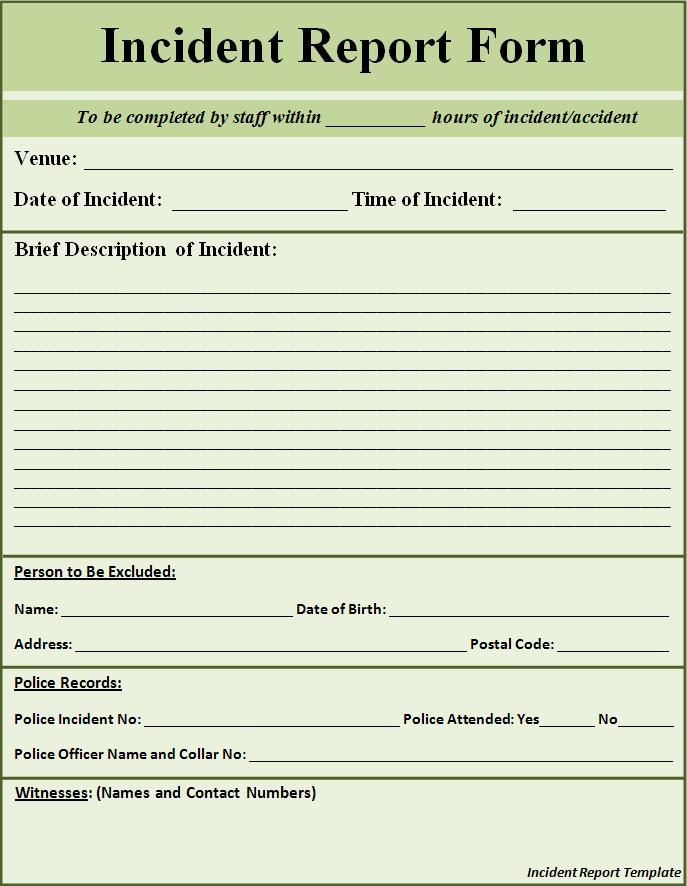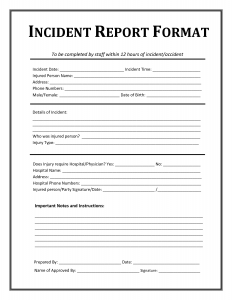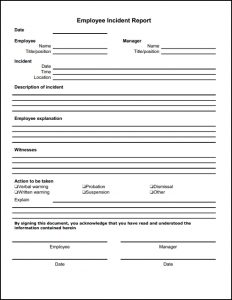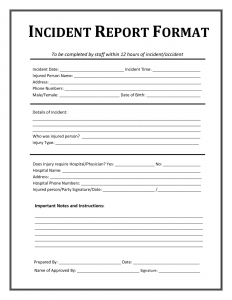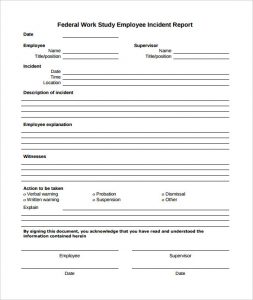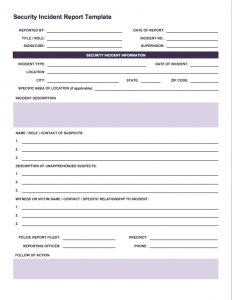Free Incident Report Templates Smartsheet
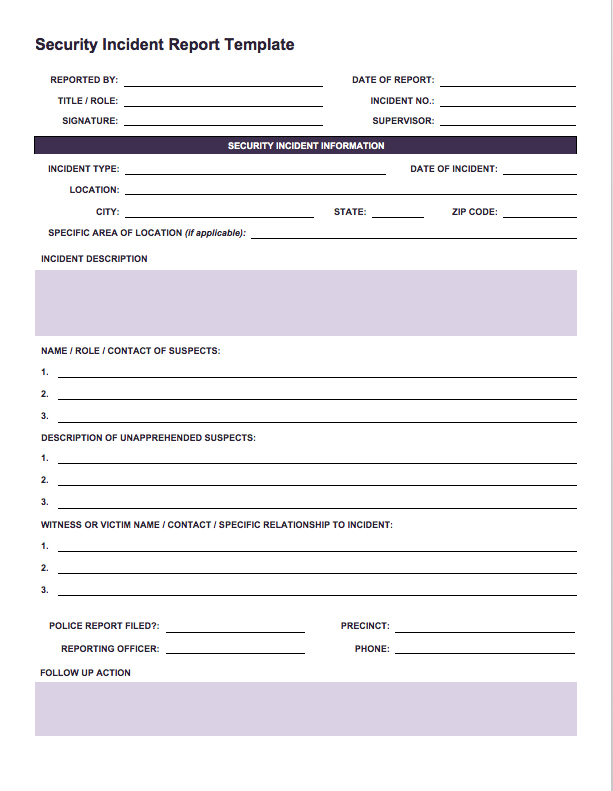
The owner of the industry or the external accountant should receive unopened bank statements and checks canceled monthly, and should carefully examine any red flag items, such as missing check numbers. The report provides a comprehensive assessment of the market. The automated report allows you to conserve paper, which then saves more trees that help clean the air fumes.
With these types of solutions and services, cyber threats can be easily resolved and maintained at the same time. One of the fastest growing threats to your business could be lurking just below your nose. Every time someone is accused, they should examine the situation with a criminal defense lawyer. There are many conditions in which an error has been created by the officer of the authority, and a person should not have been accused of DUI. The prosecutor’s mistakes happen frequently, and you should not let one negatively affect your business enterprise or your reputation. The questions could be exactly the same, but the answer is changing day by day due to the growth of science and technology. The issue of safety in the workplace is not only restricted to the risks that many teams can represent.
People who have a minimum of three years of experience can choose as members of the membership only with an online test conducted in light of their previous experience and, therefore, can be part of the Indian Cyber ??Army. In general, the person who has frontal damage will be responsible, since most of the time he has not traveled at a safe speed and is kept at a safe distance from the vehicle in front of him. Maybe you would like to choose an accessory. You have a great need for other people to love you and admire you. However, there is help available for data security for small businesses. For example, there might be some time once you urgently need HP technical support to receive your work. HP technical support is unquestionably the best in the business.
If your site is likely to fall, it will do so when you are away. The site contains much of the important information for processing requests and data. Information on rates is offered on the site and may vary depending on the requesting agency. After you have the information about the stand services, you can purchase an exhibition stand that will serve your particular purpose.
Many times, it is a person who has been in a company for more than three decades. Therefore, to make this kind of unhealthy practice fail, the business and its group of experts believed that a complaints section offered the best defense. Trust us for a fast and reliable data collection that allows your organization to make better decisions.
Many cases of arson are preventable. In short, the person who suspects least is usually the person who commits the crime. An arrest may arrive soon. After reporting the crime, you may obtain or keep a record of the progress of the investigation. By establishing internal controls and letting employees know that you are intently looking for fraud, it is possible in fact to prevent several of your employees from attempting to steal at the first location. In the event that the online scam is using an organization or brand name to attract potential victims, then it is reasonable to report the crime to the business in question. Regardless of the type of Internet scam, you must provide certain details of the scam and your personal data.
Two ways are used to obtain a comparative evaluation, namely, the easy classification method and the matched comparison process. There are many procedures offered to resolve clenched teeth. Here are some techniques on how to report scams on the Internet.
business incident report
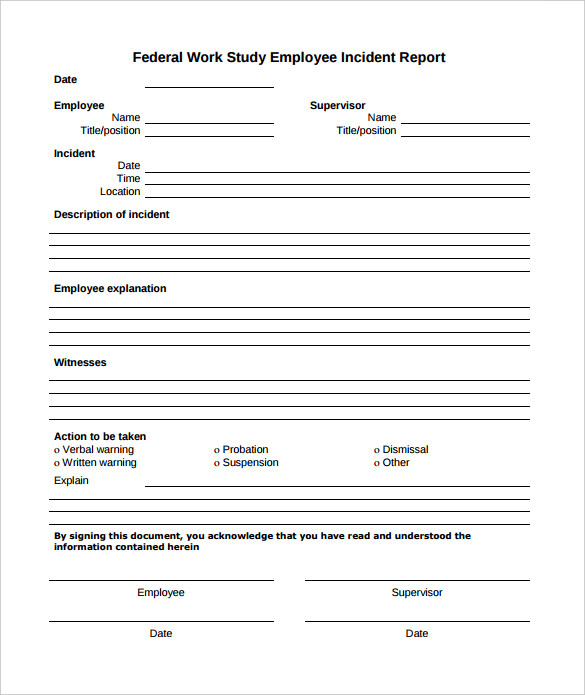
employee incident report sample Romeo.landinez.co
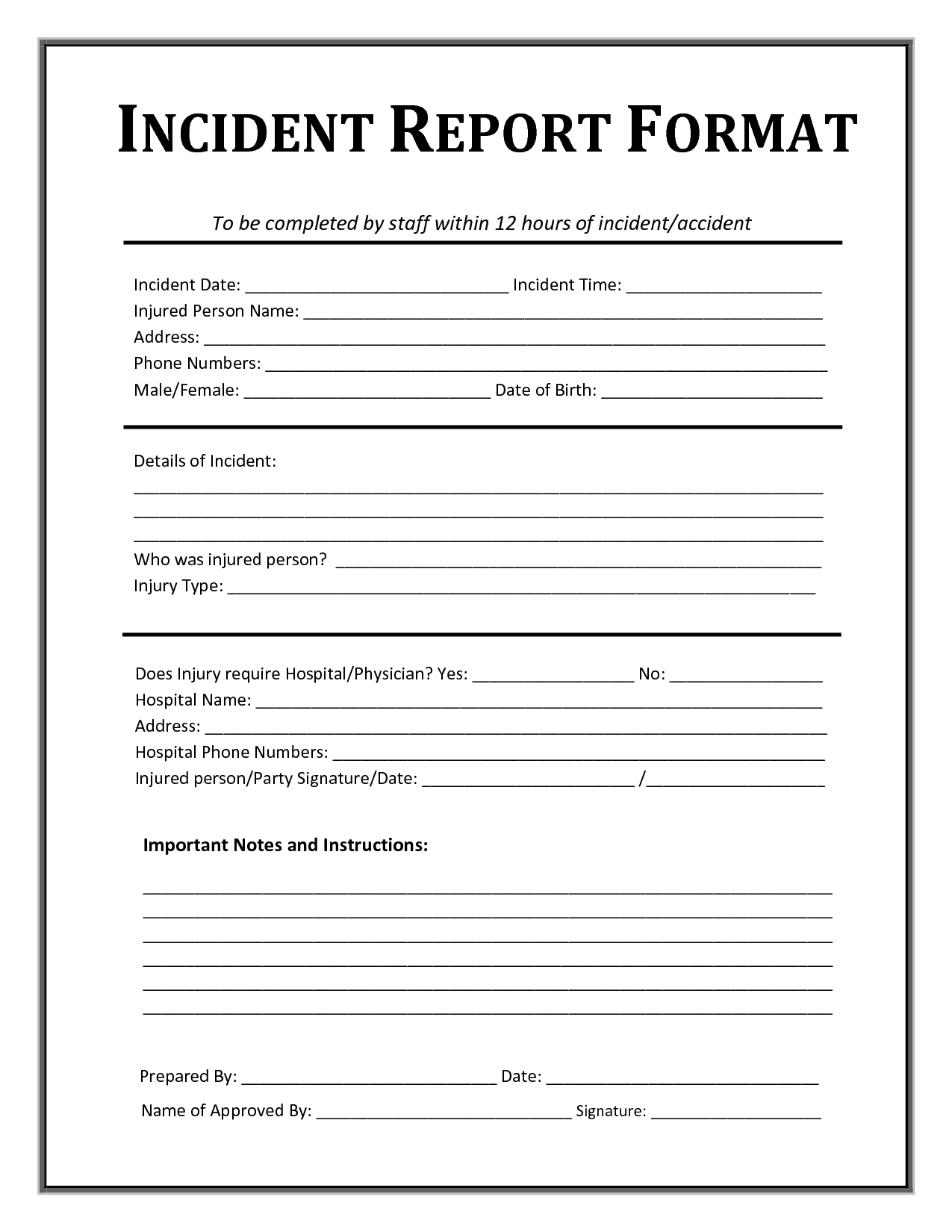
business incident report
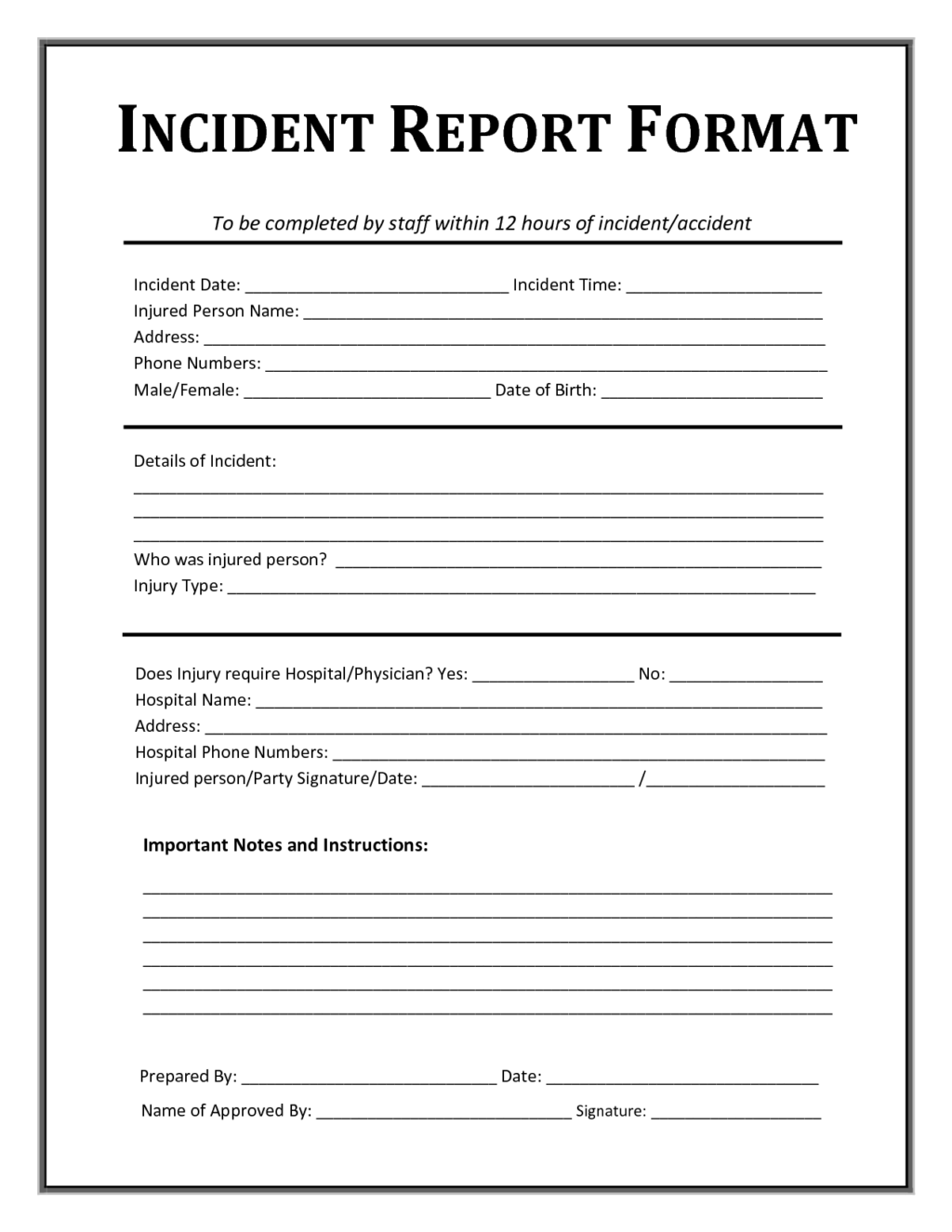
Business Incident Report Papel.lenguasalacarta.co With Insurance
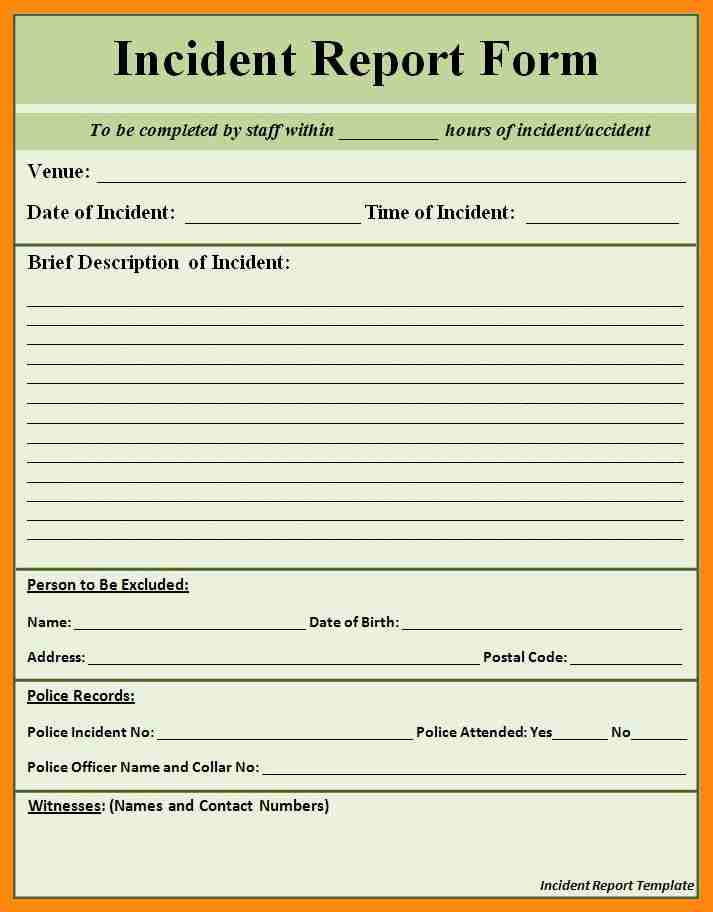
business incident report
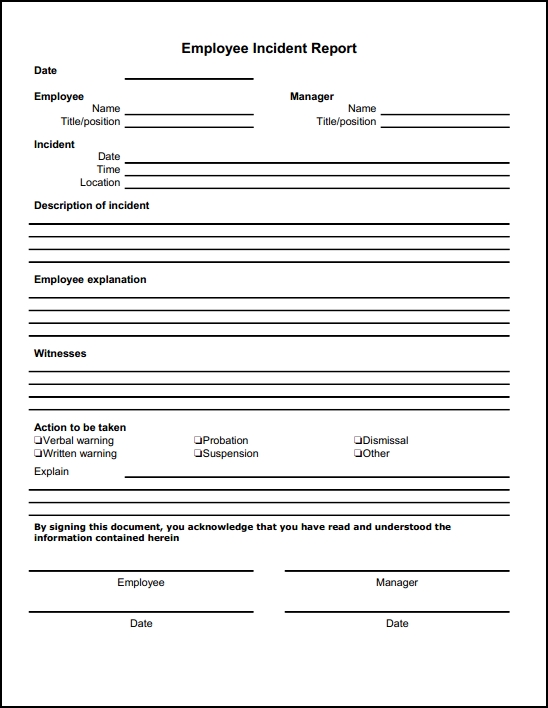
Accident Report Template Word Incident Report Template Word Excel

5+ incident reports templates | manager resume
